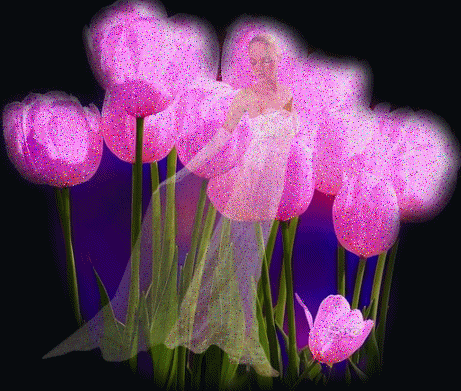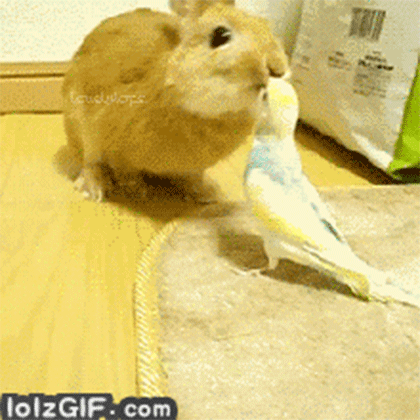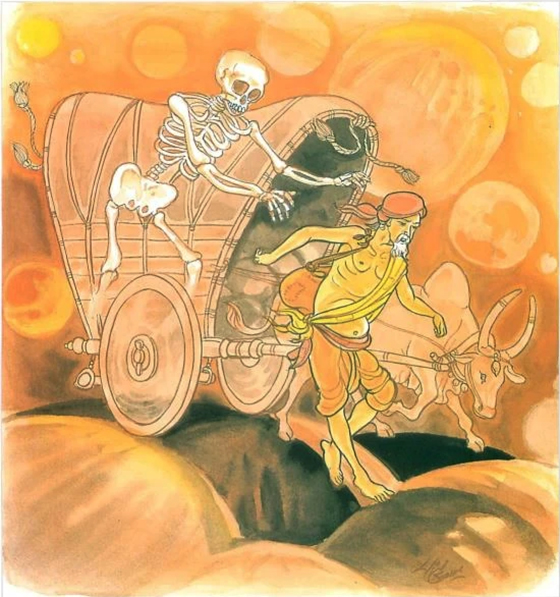Harmony with your past
If you learn to make harmony with your past then there is no mountain you can’t conquer in life. ~Anurag Prakash Ray

If you learn to make harmony with your past then there is no mountain you can’t conquer in life. ~Anurag Prakash Ray

It is well to give when asked, but it is better to give unasked, through understanding; and to the open-handed the search for one who shall receive is joy greater than giving. ~Unknown

Day by day, life goes on and on. Every split of seconds your heart beats, beats! for another day or for another moments like today. Every split of seconds, life goes on and on like everyday, like in today’s reality the world may look fairer to us all, but not a single human-being living a perfect life. Like today, like tomorrow, life goes on and on with you or without you because everyday is just another day, so live it whiles you can because no one lives forever. ~Wazim Shaw

Crying is not the solution. It makes you feel better but not stronger. Close your eyes and smile and you will be okay. ~Unknown

 Rabbits have an excellent sense of smell, hearing and vision. They have nearly 360° panoramic vision, allowing them to detect predators from all directions. They can see everything behind them and only have a small blind-spot in front of their nose.
Rabbits have an excellent sense of smell, hearing and vision. They have nearly 360° panoramic vision, allowing them to detect predators from all directions. They can see everything behind them and only have a small blind-spot in front of their nose.
Rabbits have extremely strong hind limbs which allow them to leap great distances. They can jump up to one metre high and three metres long.
Rabbits are territorial animals which live in loosely organised social groups. They live in warrens comprising of an intricate series of underground tunnels with different entrances and exits.
When rabbits ‘binky’, this is an expression of joy. They will run, jump into the air, twist their body and flick their feet.
Rabbits are affectionate social animals that enjoy the company of other rabbits. They will perform allogrooming where two individuals will simultaneously groom each other.
Although typically very quiet, rabbits do communicate vocally, with varying types of vocalisations communicating different messages, e.g. low humming when running around an individual is a signal of affection.
Rabbits stand upright on their hind legs to give themselves a better vantage point to look for predators. They alert other rabbits to the presence of danger by thumping their hind legs.
Source: OneKind
Attitude is a manner of thinking, feeling, or behaving that reflects a state of mind. Attitude influences the behavior of the individuals. ~Dr Anil Kr Sinha

As a single footstep will not make a path on the earth, so a single thought will not make a pathway in the mind. To make a deep physical path, we walk again and again. To make a deep mental path, we must think over and over the kind of thoughts we wish to dominate our lives. ~Unknown

You must make use of our own mind and perception instead of always believing on what you hear. ~Anurag Prakash Ray


Verse 1: All mental phenomena have mind as their forerunner; they have mind as their chief; they are mind-made. If one speaks or acts with an evil mind, ‘dukkha’ 3 follows him just as the wheel follows the hoofprint of the ox that draws the cart.
manasa ce padutthena (Verse 1) and manasi ce pasannena (Verse 2): Manasa here means intention or volition (cetana); volition leads one to the performance of volitional actions, both good and evil. This volition and the resultant actions constitute kamma; and kamma always follows one to produce results. Cakkhupala’s blindness (Verse 1) was the consequence of his having acted with an evil intention in a previous existence and Matthakundali’s happy existence in Tavatimsa celestial world (Verse 2) was the result of his mental devotion (manopasada) to the Buddha.
dukkha: In this context, dukkha mens suffering, or physical or mental pain, misfortune, unsatisfactoriness, evil consequences, etc., and rebirth in the lower planes of existence or in the lower strata of human society if born in the human world.
The Story of Thera Cakkhupala
While residing at the Jetavana monastery in Savatthi, the Buddha uttered Verse (1) of this book, with reference to Cakkhupala, a blind thera. Continue reading